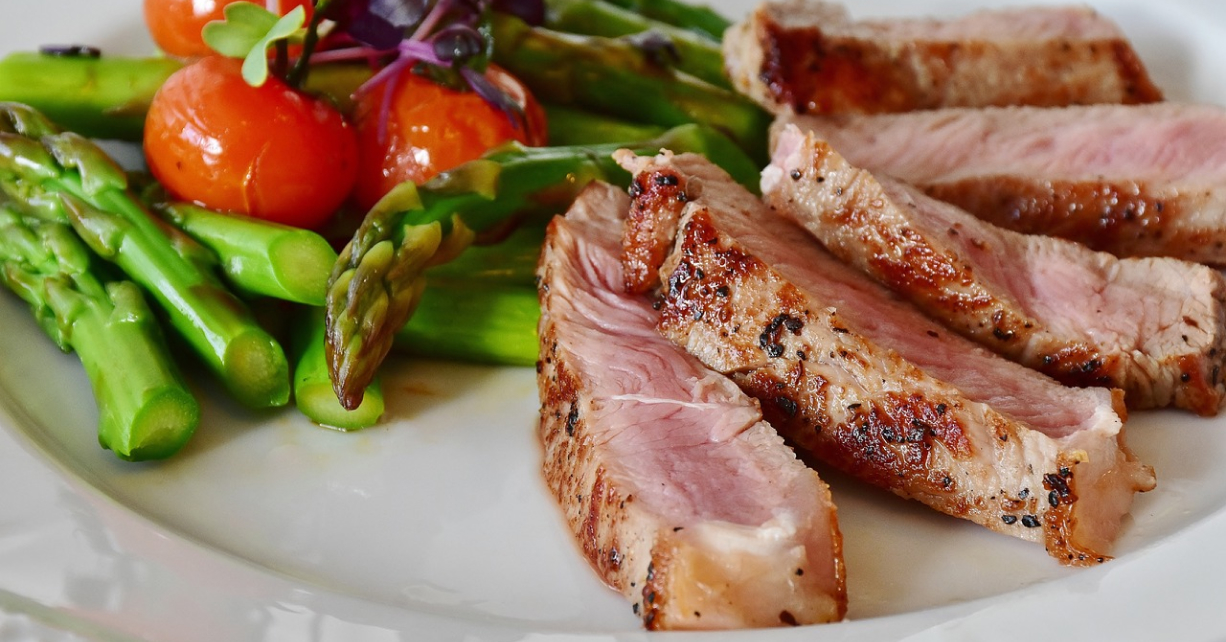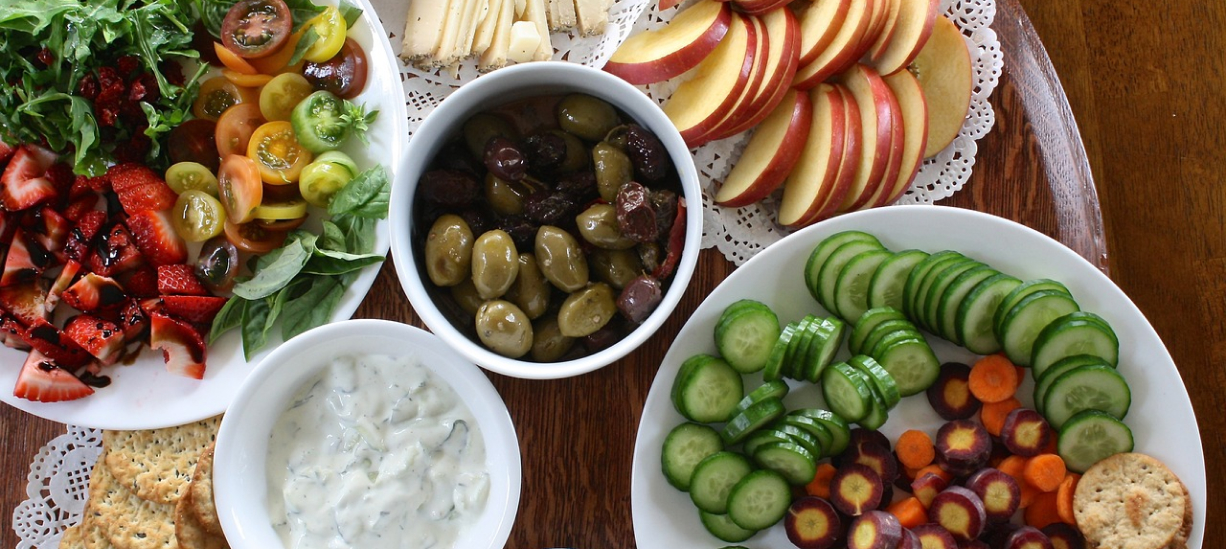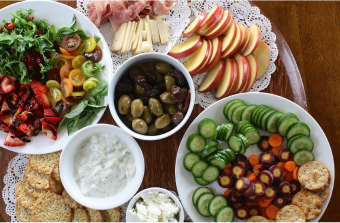

In a world where fast food and convenience often take precedence, cultivating healthy eating habits is more important than ever. Healthy eating isn’t just about restrictive diets or counting calories; it’s about nourishing your body with wholesome foods that support your overall well-being. In this comprehensive guide, we’ll explore the principles of healthy eating, share delicious recipes, offer practical meal planning tips, and provide valuable nutritional advice to help you make informed choices and thrive on your wellness journey.
Healthy eating is a lifestyle centered around nourishing your body with nutrient-rich foods that provide essential vitamins, minerals, and antioxidants. Instead of focusing on strict dietary rules, embrace a balanced approach that includes a variety of fruits, vegetables, whole grains, lean proteins, and healthy fats. By prioritizing whole, minimally processed foods and listening to your body’s hunger and fullness cues, you can create a sustainable way of eating that promotes long-term health and vitality.
Nutrition plays a crucial role in supporting overall health and well-being, impacting everything from energy levels and mood to immune function and disease prevention. Aim to include a rainbow of colourful fruits and vegetables in your meals to ensure a diverse array of vitamins and minerals. Choose whole grains like quinoa, brown rice, and oats for sustained energy and fiber to support digestive health. Incorporate lean proteins such as chicken, fish, tofu, and legumes to help build and repair tissues, and opt for healthy fats from sources like avocados, nuts, seeds, and olive oil to support heart health and brain function.
Meal planning is a valuable tool for staying on track with your healthy eating goals and avoiding the temptation of unhealthy convenience foods. Start by creating a weekly meal plan that includes a balance of protein, carbohydrates, and healthy fats. Take inventory of ingredients you already have on hand, then make a shopping list of items you need to buy. Prep as much as you can in advance – chop vegetables, cook grains, and portion out snacks – to save time during the week and make healthy eating more convenient.


Healthy eating should be delicious and enjoyable, not bland or boring. Experiment with a variety of wholesome recipes that showcase fresh, seasonal ingredients and vibrant Flavors. From hearty salads and nourishing soups to satisfying stir-fries and flavourful grain bowls, there are endless possibilities for creating nutritious meals that tantalize your taste buds and leave you feeling satisfied and energized. Don’t be afraid to get creative in the kitchen and try new ingredients or flavour combinations – you might discover some new favorite dishes along the way!
In addition to focusing on the quality of your food, practicing mindful eating can help you develop a healthier relationship with food and improve your overall eating habits. Slow down and savor each bite, paying attention to the taste, texture, and aroma of your food. Chew slowly and mindfully, and try to eat without distractions like phones, computers, or television. Tune into your body’s hunger and fullness cues, and stop eating when you feel satisfied, rather than when your plate is empty or out of habit.
Healthy eating is a journey, not a destination – it’s about finding balance, nourishing your body with wholesome foods, and enjoying the process along the way. By incorporating nutritious recipes into your meal planning, prioritizing whole, minimally processed foods, and practicing mindful eating habits, you can cultivate a healthier relationship with food and support your overall health and well-being. Embrace the joy of cooking, savor the flavours of wholesome ingredients, and celebrate the nourishment and vitality that comes from fuelling your body with love and intention.